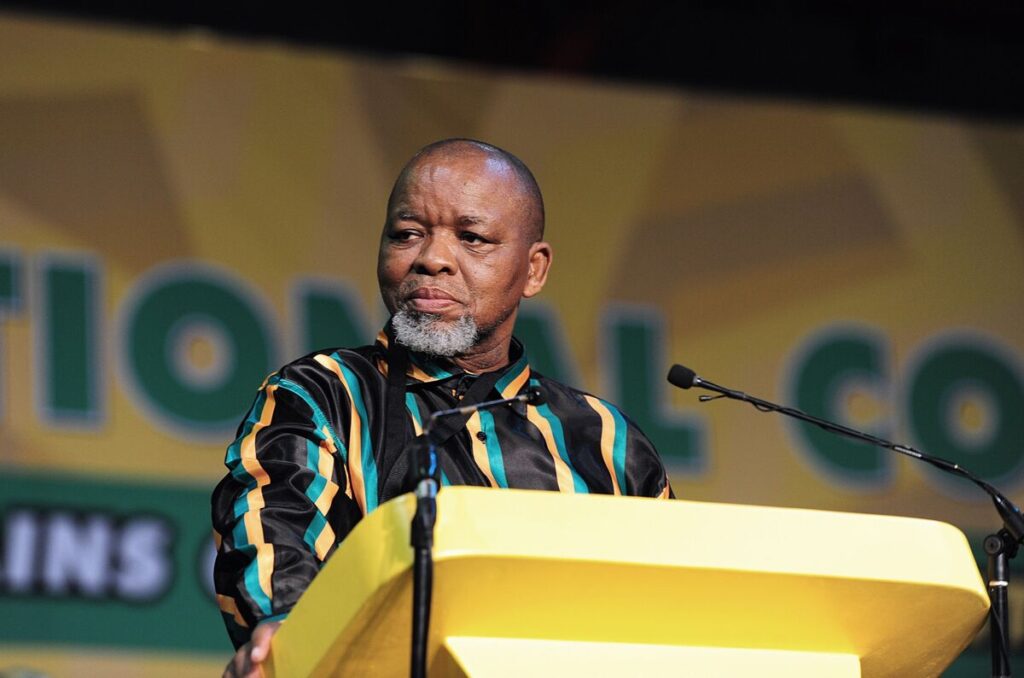Gwede Mantashe finds himself on a potential collision course with President Cyril Ramaphosa regarding the country’s stance on coal-generated energy. The divergence of opinions between the two influential figures has sparked debates and raised concerns about the future of South Africa’s energy policies.
As the Minister of Energy and Mineral Resources, Mantashe has long been known for his unwavering support for coal as a reliable and affordable energy source. Despite growing global concerns about the environmental impact of coal and a push towards renewable energy alternatives, Mantashe has remained steadfast in his belief that coal should continue to play a significant role in South Africa’s energy mix.
However, President Ramaphosa has been advocating for a more diversified and sustainable energy portfolio, with a focus on reducing South Africa’s reliance on coal and embracing renewable energy sources. The President has repeatedly emphasised the need to transition towards cleaner energy options, not only to mitigate the environmental impact but also to attract international investments and meet global climate change commitments.
This clash between the Minister and the President became apparent when South Africa’s energy minister was accused of failing to back the country’s energy transition on Sunday after he “snubbed” a billion-dollar green hydrogen deal launched in partnership with the Netherlands and Denmark.
According to The Sunday Times, Mantashe said he “refused” to sign a memorandum of understanding on the deal. The opposition Democratic Alliance said it was “unacceptable” and called for the minister’s removal from office.
“Mantashe’s recent decision to snub the top-level meeting… with European leaders to launch a European-funded green-energy initiative is deeply concerning”, the party said.
“We cannot afford a recalcitrant and ideologically compromised minister at the helm of the energy portfolio,” it added, accusing Mantashe of “hindering the much-needed rapid and just energy transition.”
Despite being invited, Mantashe did not attend the deal’s launch at business forum in Pretoria, opting to attend a separate energy summit hosted by a leading trade union federation.
Energy ministry spokesman Nathi Shabangu told AFP the minister’s absence did not signal his disagreement with the deal, insisting that he simply did not sign “because he had not seen the MOU he could not sign on what he had not seen.”
Mantashe has always voiced his concerns about the potential economic consequences of such a rapid shift away from coal, arguing that South Africa’s coal industry employs a significant number of people and contributes significantly to the country’s economy. He is of the opinion that a gradual transition that takes into account the economic implications for coal-dependent communities and the broader energy sector is the way to go.
The clash between the Minister and the President has ignited a broader debate within the government, with various stakeholders expressing their support for either side. Environmentalists and proponents of renewable energy argue that embracing clean energy sources is crucial for sustainable development and combating climate change. They urge the government to prioritise long-term environmental sustainability over short-term economic gains.
On the other hand, advocates for the coal industry, including some labor unions, argue that an abrupt shift away from coal could have severe socio-economic consequences. They highlight the potential loss of jobs and the adverse effects on coal mining communities, which heavily rely on the industry for their livelihoods.
The divergent opinions between Minister Mantashe and President Ramaphosa highlight the complex challenges faced by South Africa in balancing economic development, energy security, and environmental sustainability. The outcome of this clash will have far-reaching implications for the country’s energy policies, economic trajectory, and global standing in the fight against climate change.
As the debate intensifies, government must find a delicate balance between the immediate economic concerns associated with the coal industry and the long-term imperative of transitioning to cleaner and more sustainable energy sources. Whether Minister Mantashe’s stance on coal-generated energy will prevail or President Ramaphosa’s vision for a greener future will ultimately shape South Africa’s energy landscape, only time will tell.
